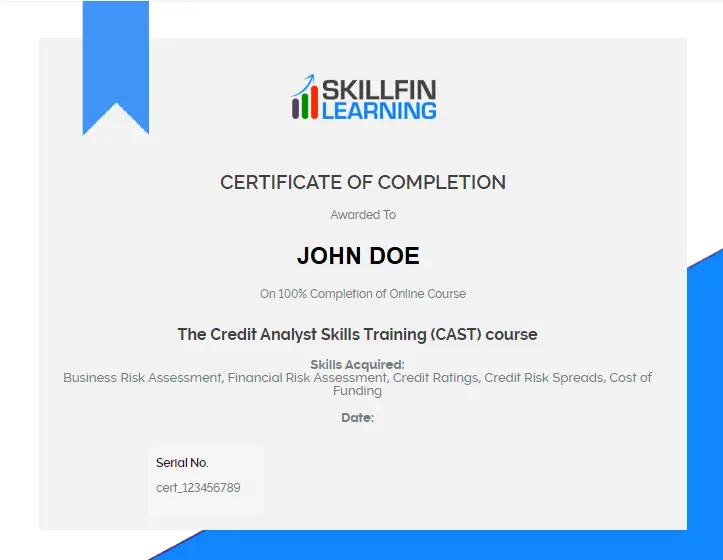When your company needs money, you have a few options. But how do you choose which is right for your company? How do you know if you’re going about it the right way? Raising capital can be challenging and time-consuming. It’s also expensive. Your company won’t just be out of your own pocket; it will also take time away from other, more strategic tasks that need to get done in order to grow your business. And even if you succeed, there’s a good chance you won’t get as much as you hoped. But with enough research and strategy, raising capital doesn’t need to be so difficult or so expensive. It can also feel like an uphill battle: after all, who wants to give money to a company that they don’t know or trust yet? That’s why understanding the process of raising capital is so important — not only for the individual companies that are looking for funding but also for the financial ecosystem of our country as a whole.
What is capital raising?
Raising capital is a process by which companies obtain financing. Traditional ways to obtain financing are through banks and other financial institutions, venture capitalists, or private investors. There are three routes to getting financing for a company — debt, equity, and a combination of the two. Let’s take a closer look at each.
Why do companies raise money?
There are many reasons why a company might need to raise money. A business might want to raise money to cover existing expenses, to cover new expenses, or as a bridge until the business can become self-sufficient.
The three ways to raise capital
There are three main ways to raise capital: debt, equity, and mezzanine. Debt-financed companies take on debt to finance products that they sell. The debt is repaid when customers pay for the products, such as a subscription, an annual fee, or an installation fee. Equity-financed companies sell shares of the company to investors in exchange for a portion of the profits. The investors own a portion of the company, and the company is obligated to share a portion of its profits with them. Mezzanine financing is a combination of equity and debt. A mezzanine investor is a regular equity investor who also provides money to help get astartup off the ground.
The benefits of raising capital
– Access to funding – There are many benefits to raising money from investors. One of the most important is that it gives you access to funding. When you’re ready to scale your business, you don’t have to scramble for cash. You can now seek investors who will finance your expansion.
– Networking – Another benefit of raising money is that it creates a network of potential partners and investors. If you choose to take money from venture capitalists, they may become your investors and backers. This can be an opportunity to get introductions to other potential partners.
– Independence – Raising money gives you independence. You don’t have to answer to anyone but your investors. You don’t have to make decisions based on what’s best for your company’s bottom line — you make those decisions based on what’s best for your investors. – Risk-taking – Raising capital is a risk-taking activity. In order to raise money, you have to be willing to accept a lower return on investment than you would if you chose to self-fund.
The Challenges of a Successful Capital Raising Campaign
There are many challenges associated with a successful capital raising campaign. Before you even begin the process of raising capital, you’ll want to assess your company’s strengths and weaknesses and make sure you’re putting your best foot forward. – Timing – The first challenge of raising capital is timing. If you choose to raise money now, you have to do it right now. The only time investors will listen to your pitch is when you’re able to get their attention.
You could be one of 100 companies who have just this week been given a chance to speak. Or you could be one of the other 9,999 that don’t get a chance until next week. – Marketing – The second challenge of raising capital is marketing. Companies often focus on marketing the product or service they provide, but they should also be marketing themselves, and their valuation, as a company and an investment opportunity.
Make sure your marketing is highlighting the reasons investors should consider investing in your company. – Investors’ Motivations – The final challenge of a successful capital raising campaign is investors’ motivations. How do you know which investors to invite to your show, which investors to woo, and what topics to discuss on your investors’ radar? Moreover, how do you know how to appeal to investors’ professional pride, their financial interest, or both?
Strategies for a Successful Capital Raising Campaign
Here are some strategies that can help you navigate the difficult waters of a successful capital raising campaign. – Create a compelling pitch – A great way to get investors’ attention is with a compelling pitch. A pitch is a summary of your company and the reasons investors should consider investing in it. You want investors to walk away from your pitch feeling like they received value for their money.
The best pitches use storytelling, humor, examples, and data to get their point across. – Be strategic – Once you’ve made your pitch, investors will likely ask you for more information about your company. You want to make sure you’re able to provide it in a timely manner.
– Be ready on Day 1 – As soon as the round of funding closes, it’s time to start getting ready to scale your business. You don’t have time to waste in planning; instead, you have to get right to work.
– Be ready for rejection – When you’re raising capital, you don’t know if you’re going to get a yes or a no. You don’t know which investors you’re going to meet and what information they’ll ask you to cover.
How to find investors and how much does it cost?
There are many ways to find investors for your company — through online platforms, through referral networks, through your network, and more. Before you can choose which way is best for you, you need to know what type of investors you’re looking for. Are you looking for a small individual investor or are you looking for a large institutional investor?
Then, once you know what you’re looking for, you can research the various ways to find investors.
– Online platforms – One way to find investors is through online platforms. Platforms like AngelList and Fundable offer a variety of ways for investors to find companies to invest in, including by sector and industry.
– Networking – Networking with other entrepreneurs and investors can be one of the best ways to find potential investors for your company.
– Referral networks – Another way to find investors is through referral networks. Networks like FoundersDating and FounderNet match you with potential investors based on your reputation and the quality of your referrals.
– Investor introductions – The last way to find investors is by meeting them in person. You can do this by using services like MeetInvestors to find investors and invite them to meet-ups. You can also meet investors at events or other networking opportunities.
Credit Analysis Skills Training Courses






7 thoughts on “Raising Capital for Your Company: A Guide to the Capital Raising Process”
[…] up to you to tailor the presentation according to the type of funding you are seeking. If you are raising capital from private investors or venture capitalists, be sure that your executive summary has enough […]
My partner and I absolutely love your blog and find almost all of your post’s to be what precisely I’m looking for. Would you offer guest writers to write content for you? I wouldn’t mind creating a post or elaborating on a lot of the subjects you write concerning here. Again, awesome weblog!
Thanks for sharing. I read many of your blog posts, cool, your blog is very good.
Regards for this howling post, I am glad I found this internet site on yahoo.
Hello, i believe that i noticed you visited my website so i came to “go back the favor”.I am attempting to find issues to enhance my website!I suppose its good enough to use some of your ideas!!
Thanks for sharing. I read many of your blog posts, cool, your blog is very good.
Your article helped me a lot, is there any more related content? Thanks!